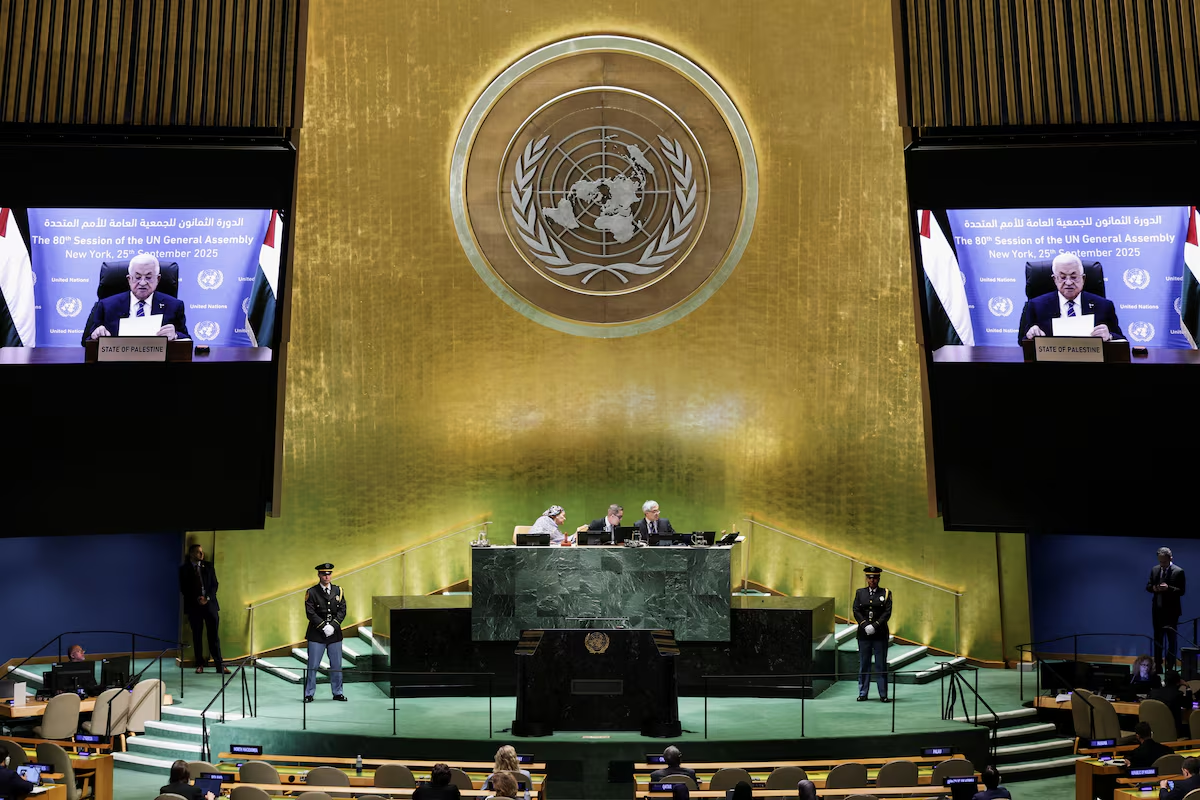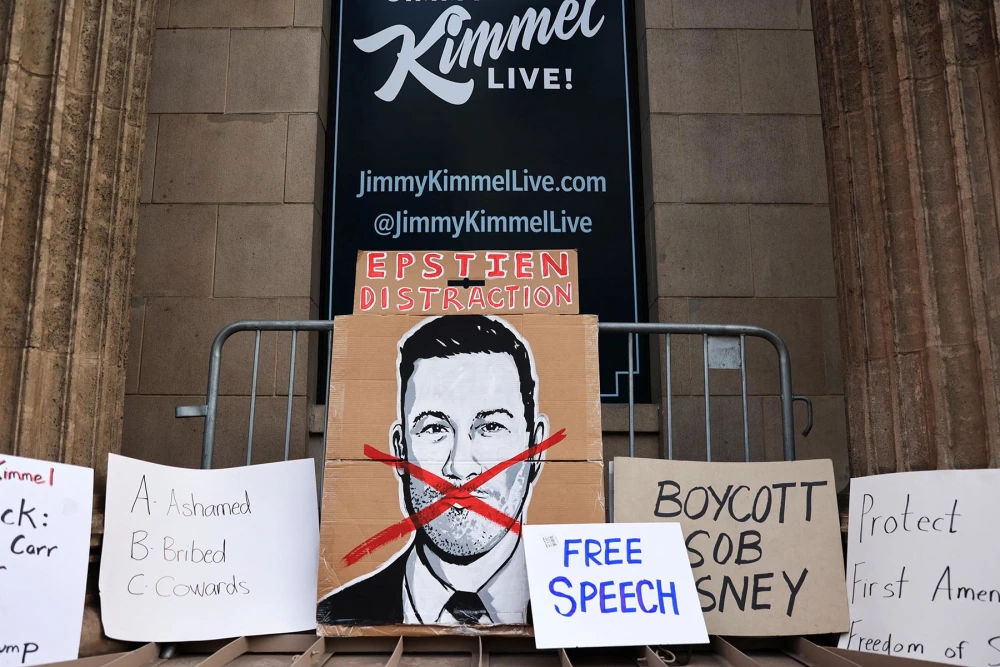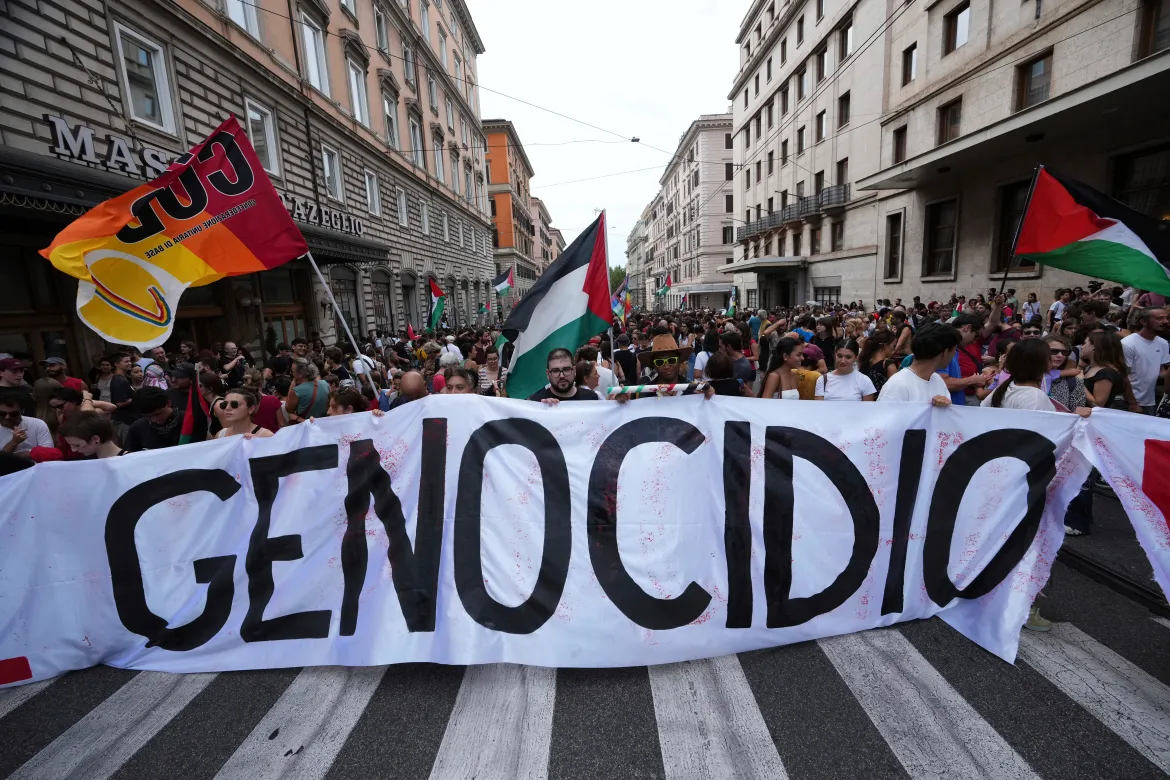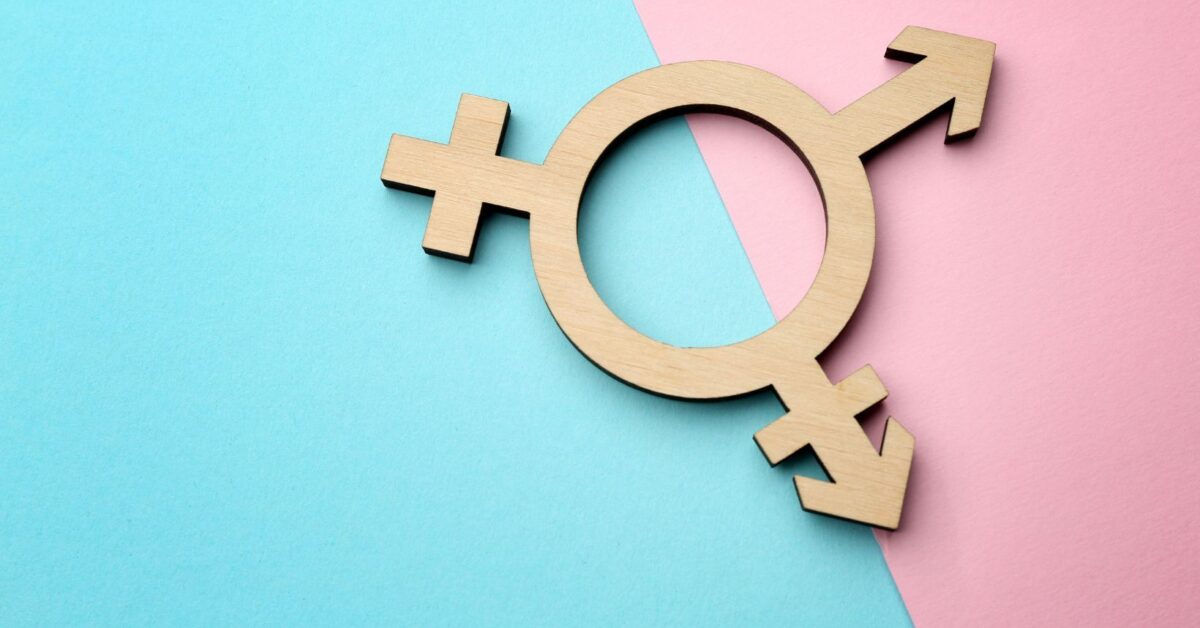The choices we make as consumers often stretch beyond the aisles of department stores and extend into the realm of corporate politics. As shoppers search for the perfect gift this holiday season, the consequences of purchasing products from companies with controversial political agendas loom heavy on their minds.
Corporate political affiliations are prominent in the United States, with several companies frequently sharing their political stances on social media and in press statements. Thus, each purchase consumers make becomes a political statement, whether we spend our money as a subtle endorsement or keep our wallets closed in a silent protest.
For many holiday shoppers, Starbucks becomes a likely pitstop for those craving a cup of holiday cheer. However, pro-Palenstinian coffee addicts have been boycotting Starbucks in recent weeks, expressing dissatisfaction with the company’s political affiliations related to the Israel-Palestine conflict.
According to the official Starbucks website, the company has no financial affiliation with Israel’s government or military. In fact, back in 2003, Starbucks dissolved its partnership with stores in Israel due to operational challenges.
“Rumors that Starbucks or [Starbucks CEO] Howard [Schultz] provides financial support to the Israeli government and/or Israeli Army are unequivocally false. Starbucks is a publicly held company and as such, is required to disclose any corporate giving each year through a proxy statement,” Starbucks announced in a public statement on its website.
Starbucks Workers United, the labor organization composed of Starbucks employees, released a post on X expressing their solidarity with Palestinians and urging a boycott of Starbucks products. The post has since been deleted. However, the union has liked posts expressing similar sentiments from individual union members. Following the posting of the message, Starbucks sued the union.
“Unfortunately, as violence against the innocent in the region continues to escalate, some people are mistakenly tying these remarks to us, because Workers United and its affiliates and members continue to use our name, logo and intellectual property. Starbucks unequivocally condemns acts of terrorism, hate and violence, and we strongly disagree with the views expressed by Workers United,” Sara Kelly, the executive vice president and chief partner officer of Starbucks, wrote in a partner message.
Starbucks corporate emphasizes that Starbucks Workers United does not represent the company’s views or values. The Workers Union has been contacted to cease using Starbucks’ logo and name in official communications. The misuse of Starbucks’ intellectual property has contributed to customer confusion regarding the company’s political affiliation.
The social media hashtag “#BoycottStarbucks” has been spreading over social media, with some baristas reporting a noticeable decline in customers and orders.
“There has been a significant decline in customers and orders that are coming in and being placed. I want to say a solid third of the usual amount of people that we get coming in are no longer showing up,” Barista Ambrose posted on social media.
Starbucks has historically seen an economic boom during the holidays. As of yet, there have been no published financial statements to validate the effectiveness of the boycott. Starbucks recently released reports for Q4, along with its full fiscal results from 2023. However, this report only covers its 13-week fiscal quarter, which ended on Oct. 1. Financial statements after the start of the boycott have yet to be released by the company.
As of Dec. 1, Starbucks’ stock prices have declined by approximately 10 USD since Nov. 16. However, the fall in stock does not necessarily correlate with the boycott. Multiple external factors could contribute to this fall.
The true impact of the boycott on Starbucks’ profits remains uncertain. The boycott of Starbucks is one of the most recent and recognizable examples of how politics and business intertwine.









